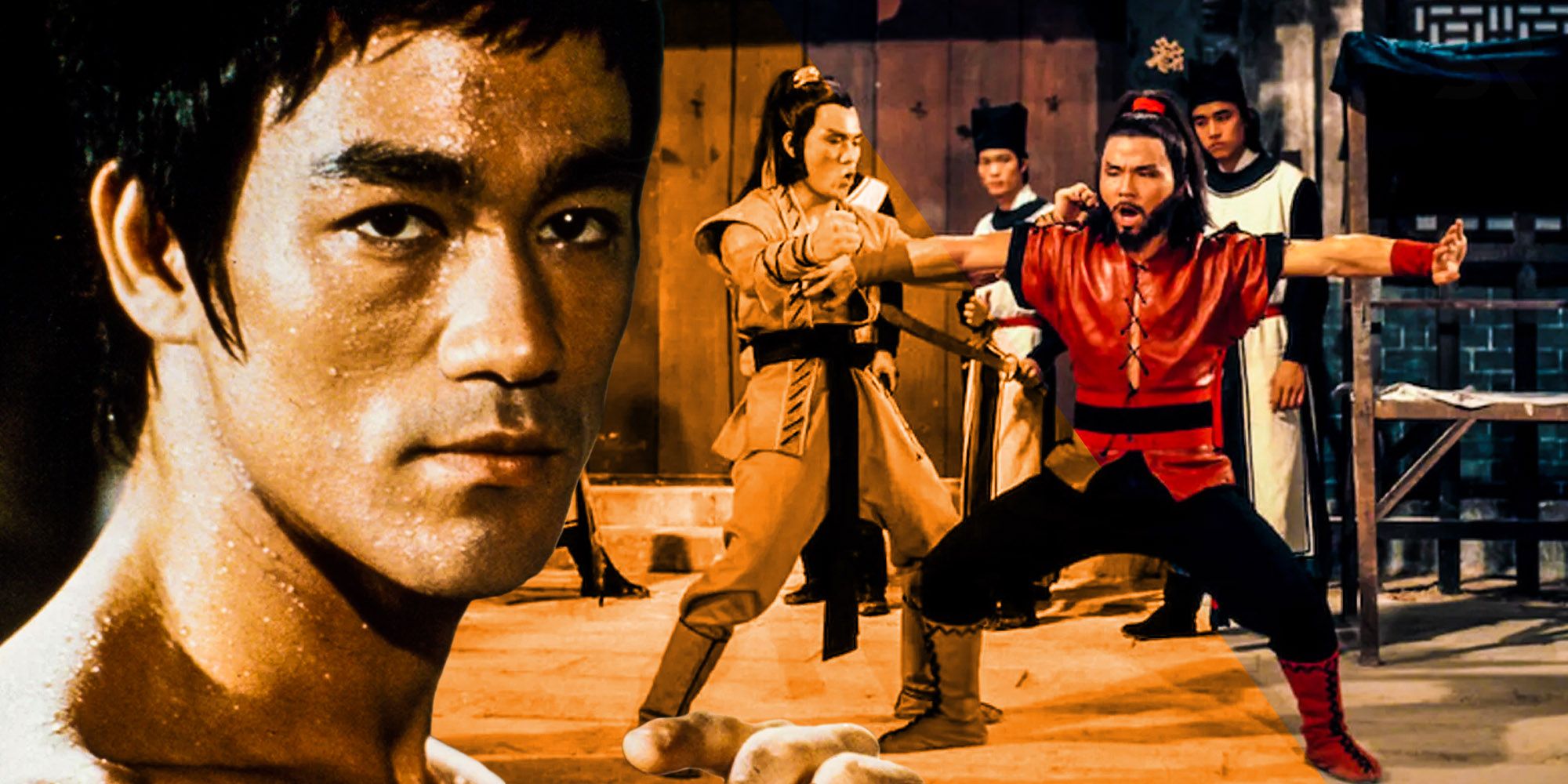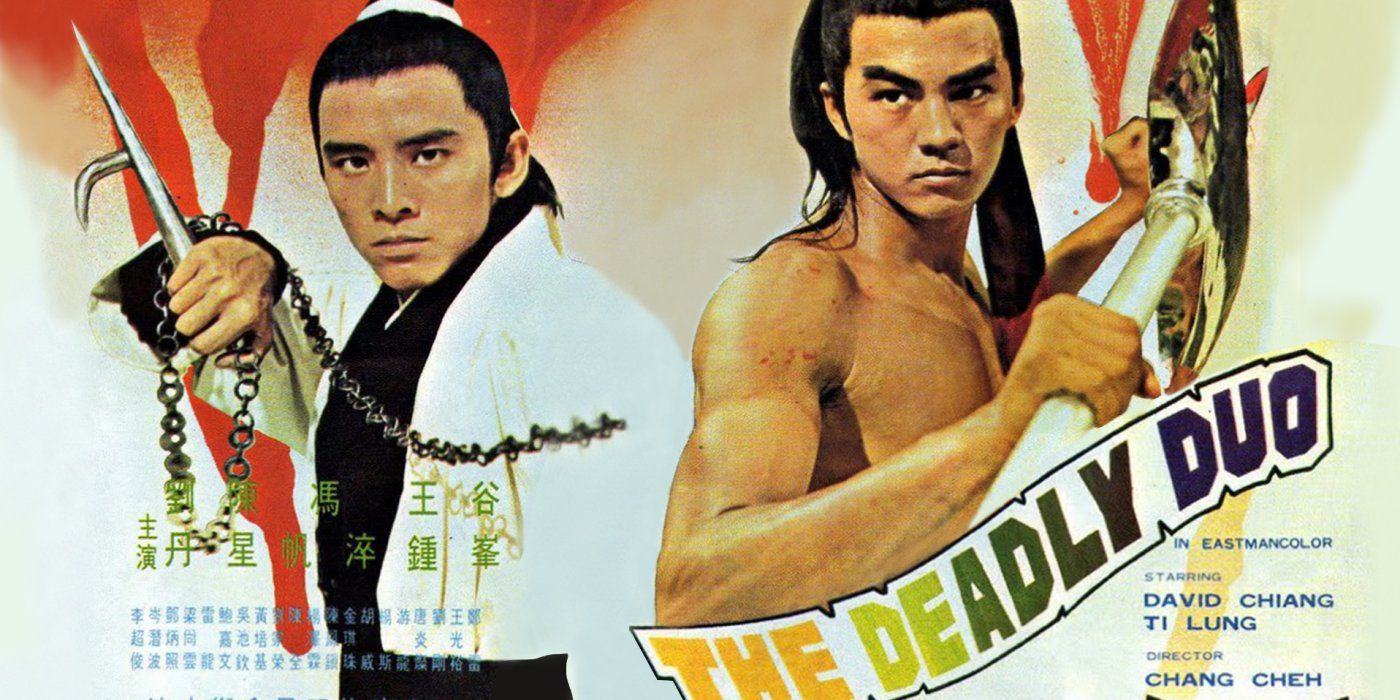Despite being the biggest martial arts movie icon of all time, Bruce Lee didn’t really like what he saw from the kung fu genre. The business was just getting started when Lee burst onto the scene, but the Hong Kong movie industry had already released a number of kung fu flicks prior to Lee’s breakout in Golden Harvest’s The Big Boss. Before Lee became a star, the most important kung fu movies came from Shaw Brothers, the top studio in the industry.
Beginning in the late 1960s, they began making costume period pieces like Come Drink With Me with Cheng Pei-Pei or The One-Armed Swordsman with Jimmy Wang Yu. These films involved sword-wielding characters effortless slicing through dozens of opponents and intense combat sequences. The success of these films was followed by Shaw Brothers (along with other studios in Hong Kong) producing even more of these martial arts movies. Among the films made in this period were Five Fingers of Death with Lo Lieh, Touch of Zen, Vengeance, and The Chinese Boxer.
Lee didn’t say which films he watched, but he did claim to have seen several ahead of signing a two-picture contract with Golden Harvest in June 1971. Bruce Lee biographer Matthew Polly wrote in his book, Bruce Lee: A Life, that the actor had strong words about kung fu movies. Apparently, he said they were “awful”, “superficial”, and “one dimensional”, and seemed to apply this judgment to the state of Chinese cinema in general. His remark that “it’s possible to act and fight at the same time” indicates he wasn’t pleased with the actors’ performances either.
Another problem he had was martial arts choreography. He wasn’t a fan of the focus on traditional kung fu and the dance-like style of the sequences. Just like his approach to kung fu in real life, he preferred movies to feature more practical and realistic fight scenes. Bruce Lee felt that fight scenes shouldn’t last for very long, whereas showdowns in Hong Kong films could go on for several minutes. Lee’s negative opinion of martial arts cinema did end up becoming an issue, especially with those involved with the movies he starred in at Golden Harvest. When he was working on The Big Boss, his appreciation of the Hollywood style versus the Hong Kong style led to clashes with its director, Wu Chia-hsiang, as well as his replacement, Lo Wei. Lee had very specific ideas about how a kung fu movie should be made, and they weren’t readily accepted by Wu or Lo.
While in certain ways the kung fu genre did improve and learn from past mistakes, not everything changed. The handling of fights did evolve as the kung fu craze continued, but since fights got longer before they got shorter, it’s hard to say if Bruce Lee would have been pleased by these changes. Many have expressed views quite similar to Bruce Lee’s stance on the industry, but it’s not necessarily an issue of which approach is right or wrong. After all, there are millions of people who love these films for what they are and the amount of skill and patience that went into putting together their epic fight scenes.


